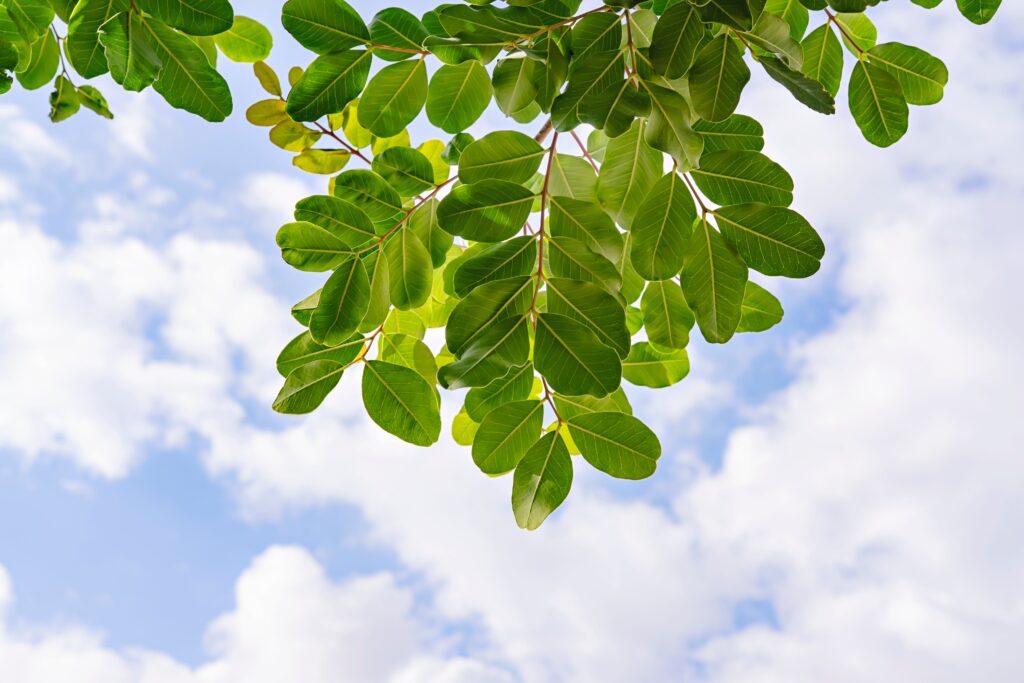Moringa: A Nutritional Powerhouse

Moringa oleifera is a highly nutritious plant, and its leaves, pods, seeds, and bark have been used for centuries for their medicinal and culinary properties.
Nutritional Value of Moringa
The leaves of moringa are one of the most nutrient-dense foods on the planet. They are a good source of protein, fibre, vitamins, and minerals
A 100-gram serving of moringa leaves contains the following nutrients:
- Calories: 205
- Protein: 27.1 grams
- Fat: 2.3 grams
- Carbohydrates: 38.2 grams
- Fibre: 11.8 grams
- Vitamin A: 15,000 IU
- Vitamin C: 177 mg
- Calcium: 417 mg
- Iron: 10 mg
- Potassium: 1,000 mg
- In addition to these nutrients, moringa leaves also contain antioxidants, flavonoids, and other beneficial compounds.
Health Benefits of Moringa
The nutritional value of moringa has led to several potential health benefits being attributed to the plant. These include:
- Improved nutrition: Moringa is a good source of essential nutrients, which can help to improve overall health and well-being.
- Boosted immunity: The antioxidants and other nutrients in moringa may help boost the immune system and protect against disease.
- Lower blood sugar levels: Moringa may help to lower blood sugar levels in people with diabetes.
- Lower blood pressure: Moringa may help to lower blood pressure in people with hypertension.
- Improved heart health: The antioxidants and other nutrients in moringa may help to improve heart health and reduce the risk of heart disease.
- Reduced inflammation: The antioxidants in moringa may help to reduce inflammation throughout the body.
- Improved bone health: The calcium in moringa may help to improve bone health and reduce the risk of osteoporosis.
- Improved hair and skin health: The nutrients in moringa may help improve hair and skin health.
How to Use Moringa
Moringa is a versatile plant that can be used in a variety of ways. It is a good source of essential nutrients and has several potential health benefits.
- The leaves can be eaten fresh, cooked, or dried and powdered.
- The pods can be eaten raw or cooked.
- The seeds can be ground into a powder and used as a spice or added to smoothies.
- The bark can be used to make tea or an extract.
Safety
Moringa is generally considered to be safe for most people. If you are taking any medications, it is important to talk to your doctor before taking moringa.
